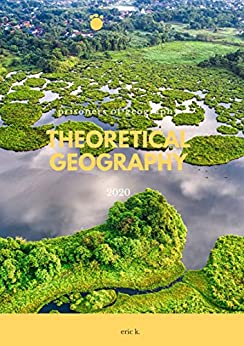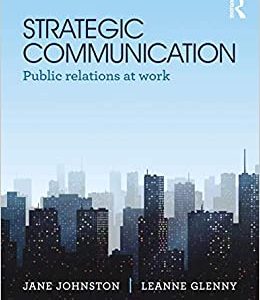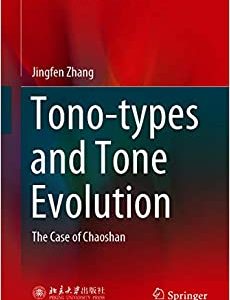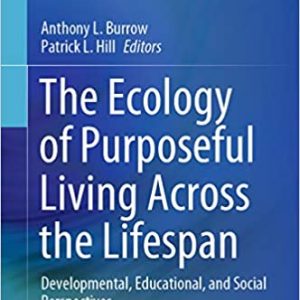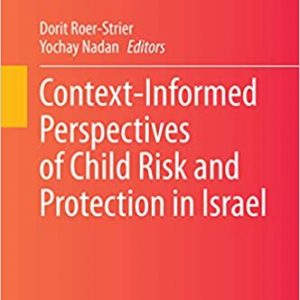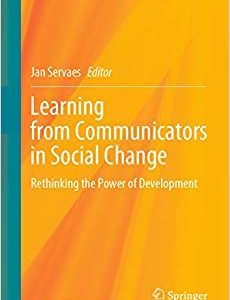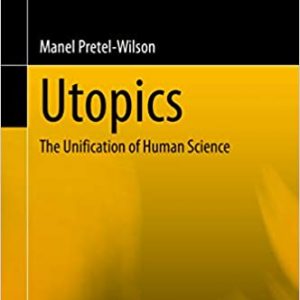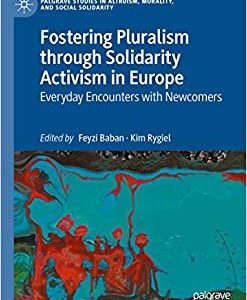Like any academic discipline, geography is not at all static, and geographers are constantly trying to either expand and strengthen the existing paths of scientific thought, or develop a new understanding of complex relationships between people, their habitats and nature. Far from being discipline concerned only with the accumulation of information about the environment world, geography is a science in which our understanding of the world is constantly overestimated in light of new ideas, and her purely empirical research
always proceed from the fact that new forms of knowledge and ways of thinking can be more productive or correct than the old ones. Empirical studies of what appears to be happening in specific context are embedded here in broader theoretical ideas, which, in turn, develop thanks to new
specific studies of how exactlypeople, localities and the environment is woven into a complex interconnected geographic essence. Without this diversity of views, without the belief that we are moving forward to be more productive understanding of the world order – without this, geography a long time ago would become a dweller in the intellectual backyard, and not remain would be a living, active and constantly changing science, which it is revered many.
This book is based on the notion that a critical role in development it is the texts that play the sciences. More precisely, it is assumed that such texts that can be read and interpreted as a kind symptoms (or maybe totems) of key turns on those paths what we follow in our thoughts and actions and in development geography. In the broadest sense, the geographical text can be considered conference reports, journal articles, book chapters, reviews, working materials, publications on the Internet, monographs, textbooks, dictionaries, encyclopedias, collections, gazetteers, maps and atlases. All of them, in one way or another, can portend important changes on the path. development of geography. However, in this collection we want to focus on
one particular kind of text – on books. More precisely, we want to target one type of book – for the author’s monograph.
There is a certain concern in our science that publishers are less and less inclined to publish monographs, preferring instead to publish texts aimed at students (like, by the way, this collection). However, we focused on copyright
always proceed from the fact that new forms of knowledge and ways of thinking can be more productive or correct than the old ones. Empirical studies of what appears to be happening in specific context are embedded here in broader theoretical ideas, which, in turn, develop thanks to new
specific studies of how exactlypeople, localities and the environment is woven into a complex interconnected geographic essence. Without this diversity of views, without the belief that we are moving forward to be more productive understanding of the world order – without this, geography a long time ago would become a dweller in the intellectual backyard, and not remain would be a living, active and constantly changing science, which it is revered many.
This book is based on the notion that a critical role in development it is the texts that play the sciences. More precisely, it is assumed that such texts that can be read and interpreted as a kind symptoms (or maybe totems) of key turns on those paths what we follow in our thoughts and actions and in development geography. In the broadest sense, the geographical text can be considered conference reports, journal articles, book chapters, reviews, working materials, publications on the Internet, monographs, textbooks, dictionaries, encyclopedias, collections, gazetteers, maps and atlases. All of them, in one way or another, can portend important changes on the path. development of geography. However, in this collection we want to focus on
one particular kind of text – on books. More precisely, we want to target one type of book – for the author’s monograph.
There is a certain concern in our science that publishers are less and less inclined to publish monographs, preferring instead to publish texts aimed at students (like, by the way, this collection). However, we focused on copyright

